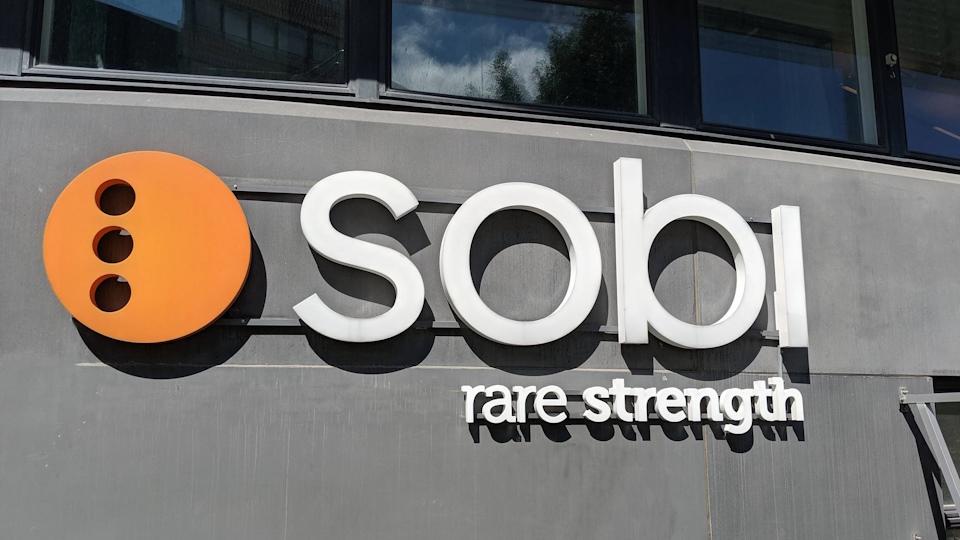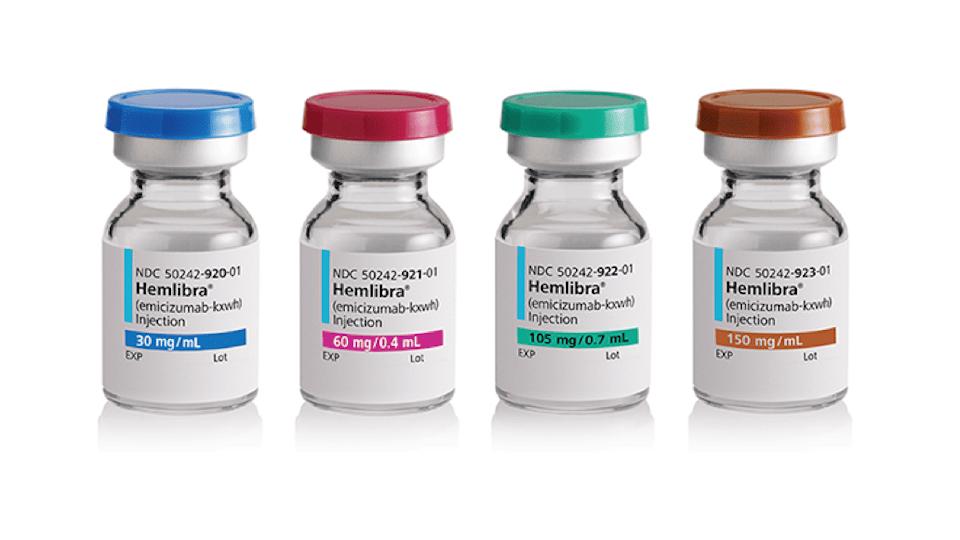Sobi gets EU okay for long-acting haemophilia A drug

The European Commission has approved Sobi’s long-acting factor VIII replacement therapy Altuvoct for the treatment of haemophilia A in the EU, with a broad label that spans all ages and any disease severity.
Altuvoct (efanesoctocog alfa) is dosed by injection once a week and is a successor to Sobi’s long-established haemophilia A therapy Eloctate (efmoroctocog alfa) – sold by partner Sanofi – which has to be dosed every four days and sometimes even more frequently. The new drug was also developed in partnership with Sanofi and was approved in the US last year as Altuviio.
“Children, adolescents, and adults can experience non-haemophilia factor VIII activity levels (above 40%) for a significant part of the week with once-weekly prophylaxis, reaching trough levels of 15% in adults and adolescents before the next dose,” said Sobi in a statement.
Sales of Eloctate were around $500 million last year, but the product has been hit by competition from Roche’s antibody-based Hemlibra (emicizumab), which is approved for haemophilia A with and without inhibitors and had sales of around $4.7 billion last year.
Another rival is BioMarin’s haemophilia A one-shot gene therapy Roctavian (valoctocogene roxaparvovec), which was approved in the EU in 2022 and in the US last year, although sales of that remain low due to what the company has said are reimbursement and market access challenges.
Sanofi’s recent quarterly financial updates reveal that Altuviio is growing fast in the US, making almost $160 million in 2023 as a whole and $122 million in the first three months of this year. Analysts at Barclays said, after its US approval, that they were predicting peak sales of around $2.5 billion.
Sobi only gets royalties on sales of Eloctate, but has commercialisation rights for Altuvoct in Europe, North Africa, Russia, and most Middle Eastern markets, with Sanofi taking charge in North America and all other regions in the world.
“Despite advancements, haemophilia still limits the possibilities of patients’ lives and this means there is still a need for treatments that offer elevated protection,” said Professor Robert Klamroth, a specialist in vascular medicine and coagulation disorders at the Vivantes Klinikum Friedrichshain in Berlin, Germany.
“Trials demonstrated substantial improvements in the prevention and treatment of bleeds, along with significant improvements in physical health, pain, and joint health” with Altuvoct, he added.
Sobi also said this morning that the EC had supported the recommendation to retain orphan drug status for Altuvoct, giving it a 10-year market exclusivity period.













